
Lucy and Anthony Carroll’s farm in Northumberland
Artisanal growers may be small scale but their care for the land and their produce is making a big impact on how we eat and drink. Torri Mundell meets two nominees for the luxury home appliance manufacturer’s Respected by Gaggenau initiative which celebrates this new generation of producers
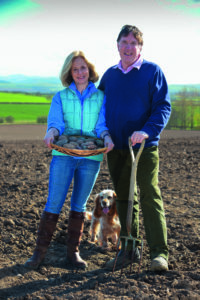
Lucy & Anthony Carroll
At Tiptoe Farm in Northumberland, Anthony Carroll is telling LUX about the “awkward” pink fir apple potato. “They grow vertically and have stems that can reach two metres tall. They’re so knobbly, they can’t be dug up with a modern potato harvester,” he says. They are, in short, more demanding than your average supermarket potato. “But,” he points out, “they have so much more to give.”
Follow LUX on Instagram: luxthemagazine
Carroll and his wife Lucy used to farm more conventional potato varieties until in 2000 Carroll had, in his words, a “light-bulb moment”. A supermarket retailer had approached him to produce a potato variety that would “look great in a plastic bag”, but that tasted, by the retailer’s own admission, “filthy”. Carroll not only refused the offer, but he also resolved to start growing some of the more flavourful potatoes that, after the two world wars, had been abandoned for inexpensive, high-yield varieties.
Today, the farm’s portfolio of heritage potatoes, including the Victorian-era spuds they brought back from near extinction, occupies most of the 28.5-hectare farm. Lucy Carroll describes how these varieties have restored some nuance to the potato’s range of flavours: “Some are very full-bodied, some are very light and fluffy, some retain that green, new potato flavour through the whole year.” The farm supplies Michelin-starred restaurants which often list the variety of the potato on their menu. “Just seeing the name Mr Little’s Yetholm Gypsy can bring a bit of history alive on your plate,” she says.

A range of heritage potatoes produced by Lucy and Anthony Carroll
Working outdoors with lower-yield, less disease-resistant species in a landscape often battered by unpredictable weather is challenging, but the farm has maintained its LEAF (Linking Environment and Farming) Marque certification for integrating environmentally sound practices such as monitoring water consumption and planting bird and insect-friendly crops, grasses and flowers.
At the end of 2020, the farm was put onto the Respected by Gaggenau shortlist, an initiative developed by the German luxury home appliance manufacturer to promote small producers or craftspeople in the culinary world who “harbour a passion for exceptional craftsmanship or the preservation of rare and unique species”. Not only does the initiative celebrate traditional skills and techniques, but it also addresses our current preoccupation with provenance and supporting small businesses. The UK’s Crafts Council reported that in 2019, 73 per cent of UK adults purchased something handmade.
The longlist of 60 Respected nominees was assembled by a panel of 25 high-profile curators, including chefs, viniculture experts, design editors and food critics. The 2021 accolade will bring global recognition and support to the finalists, who have all weathered a difficult year.
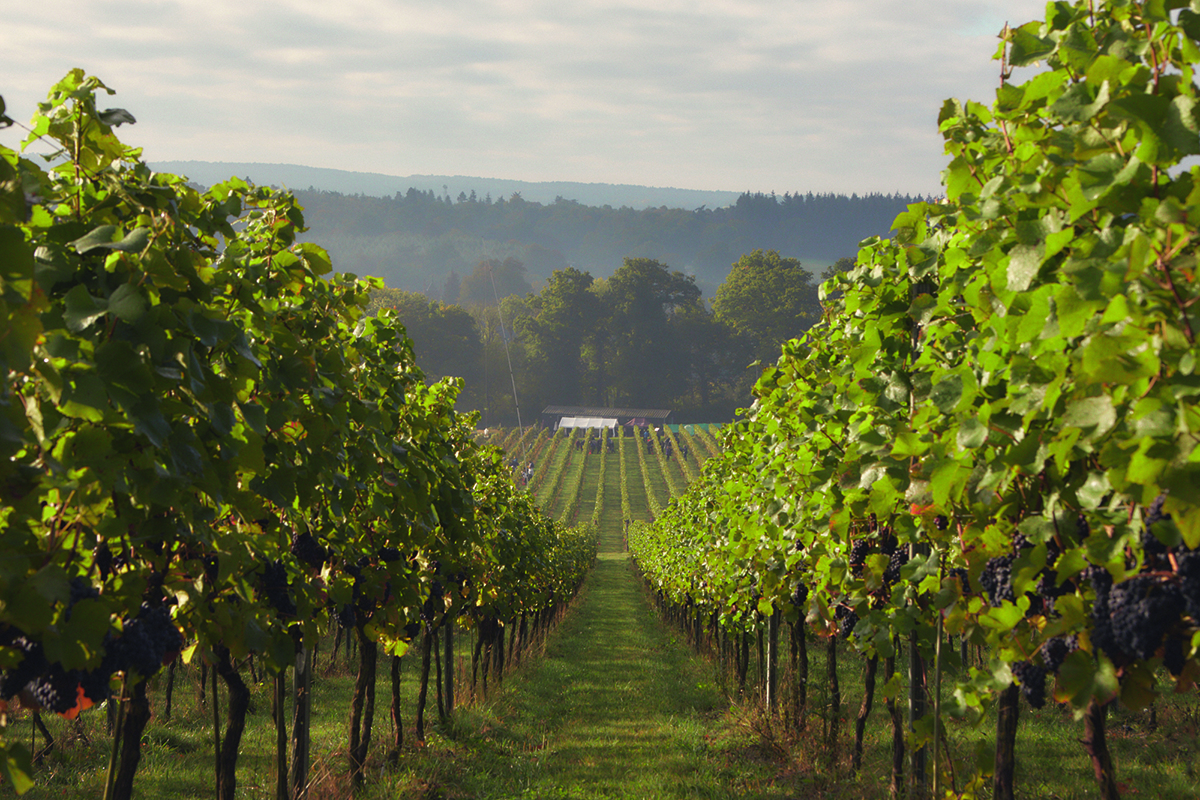
The Albury Vineyard in Surrey at harvest time. Photograph by Jonathan Blackham
Also on the shortlist is Nick Wenman, who founded in the Surrey Hills in 2009. Having a vineyard on the southern slopes of the North Downs “wasn’t the huge gamble that you’d expect,” he says, pointing out that the cool English climate lends itself to creating grapes with high acidity and low sugar content, a prerequisite for good quality sparkling wine.
Read more: Speaking with America’s new art icon Rashid Johnson
His work is not just about international awards and appearances on royal barges or on the wine list at Le Manoir aux Quat’Saisons – though Albury Vineyard has clocked up all three. Wenman and his team, including his Italian manager and his daughter Lucy, are often up at 5am to tend to the vines. Almost every April, a spring frost requires them to work through the night, lighting thousands of wax ‘bougies’ to warm up the vineyard by a couple of degrees.

The Albury Estate blanc de blancs is made from chardonnay and seyval blanc grapes. Photograph by Simon Weller
The team not only contends with the variable UK weather but with the “extra layer of planning and stress” that comes with operating an organic and biodynamic vineyard, a tightrope act that wine expert and Respected by Gaggenau curator Sarah Abbott MW describes as “heroic”. “You can’t use any systemic chemicals to knock out the diseases that vines suffer in wet and damp conditions,” she says. Nor can you deploy non-organic ‘sugar movers’, sprays which would hasten the ripening of the fruit when faced with a run of bad weather.
Wenman estimates that organic vintners have to devote 40 per cent more time to their harvest, but he is motivated by a “passion for the environment and a belief that [organic and biodynamic principles] create better quality wine”. While the vineyard’s biodynamic status brings constraints, he notes that it inspires innovation, too. One of his favourite wines, the Albury Estate Biodynamic Wild Ferment 2015, is the first of its kind, “produced using only a chardonnay and a wild ferment grown from the yeasts that occur naturally in the vineyard”. His appreciation for small-scale artisanship among his fellow English winemakers echoes the spirit of the Respected by Gaggenau campaign. “In the UK, there are no bulk wine producers churning out the same old stuff,” he says. “And because they’re smaller, they might give the vines an extra bit of care, so you end up with a better product at the end of the day.”
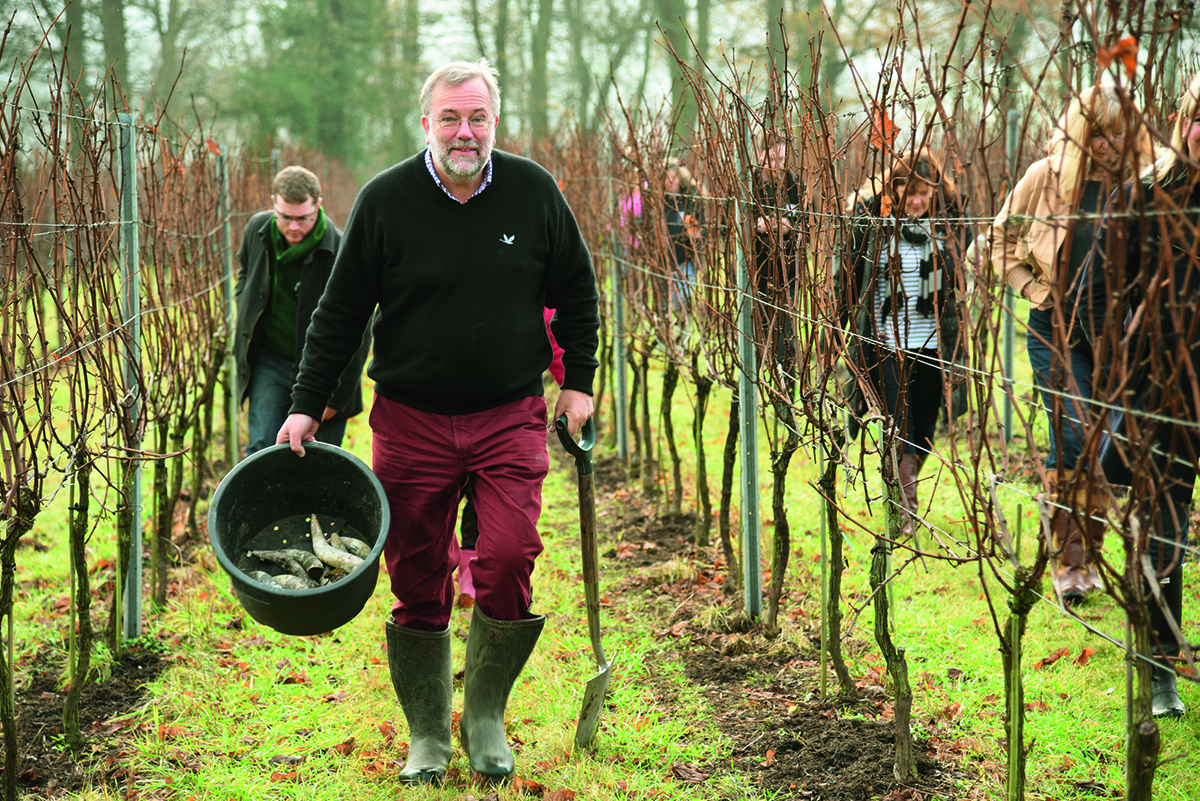
Albury’s owner Nick Wenman burying manure-filled cow horns in the vineyard in winter for fertilising the soil in the spring
Underlying our appreciation of craft and artisanship is a desire to connect with its creator. Three curators for the Respected by Gaggenau accolade tell us why authenticity in food, wine and design matters
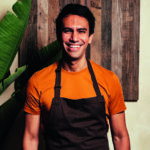 Chef and culinary curator
Chef and culinary curator
SANTIAGO LASTRA
There is always a story behind every dish and as the chef, you are responsible for telling that story. Before I opened my restaurant, I spent a year travelling around the UK to find the producers I wanted to work with, getting to know the farmers, the fishermen, even the potters who make the plates. I can see the connection they have to the land, the struggle with the weather, and the care that goes into their ingredients. They are part of a fascinating ecosystem of people that believe in a sustainable future, and I have learned that quality is not about rarity or luxury – it means only that something has been made with respect.
 Editor-in-Chief, LUX Magazine and collectibles consultant
Editor-in-Chief, LUX Magazine and collectibles consultant
DARIUS SANAI
This campaign is centred on a theme that is in the air at the moment: identifying authentic creators and originators, goods and services. This is important in the broader luxury and collectibles industry in which we operate, where you have on the one hand dominance by a number of big commercial players who are brilliant at marketing and branding, and on the other you have the emergence of a new class of producer that has made its name by creating, rather than marketing. The challenge for the curators of the initiative – as well as for informed consumers and retailers – is to get beyond the PR to find genuinely great producers creating or curating really original products of high quality but that were made in a very personal way.
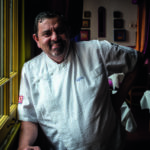 Chef and culinary curator
Chef and culinary curator
CYRUS TODIWALA OBE
At my restaurants, we have always concentrated intently on how we source and use ingredients in our day-to-day cooking, and we championed artisanal producers long before they became fashionable, so working on this initiative with Gaggenau feels like a perfect fit. The appreciation of artisans, producers, the environment – and everything we do to make our lives meaningful – slides tidily into this simple word: respect. The best producers begin with a belief in themselves and what they have set out to do. Their produce is unique – there are no boring similarities from one to another. And easy money isn’t on their radar; they are driven by the joy they find in delivering ethically produced, beautiful quality food.
Find out more: gaggenau.com/gb
This article was originally published in the Summer 2021 issue.

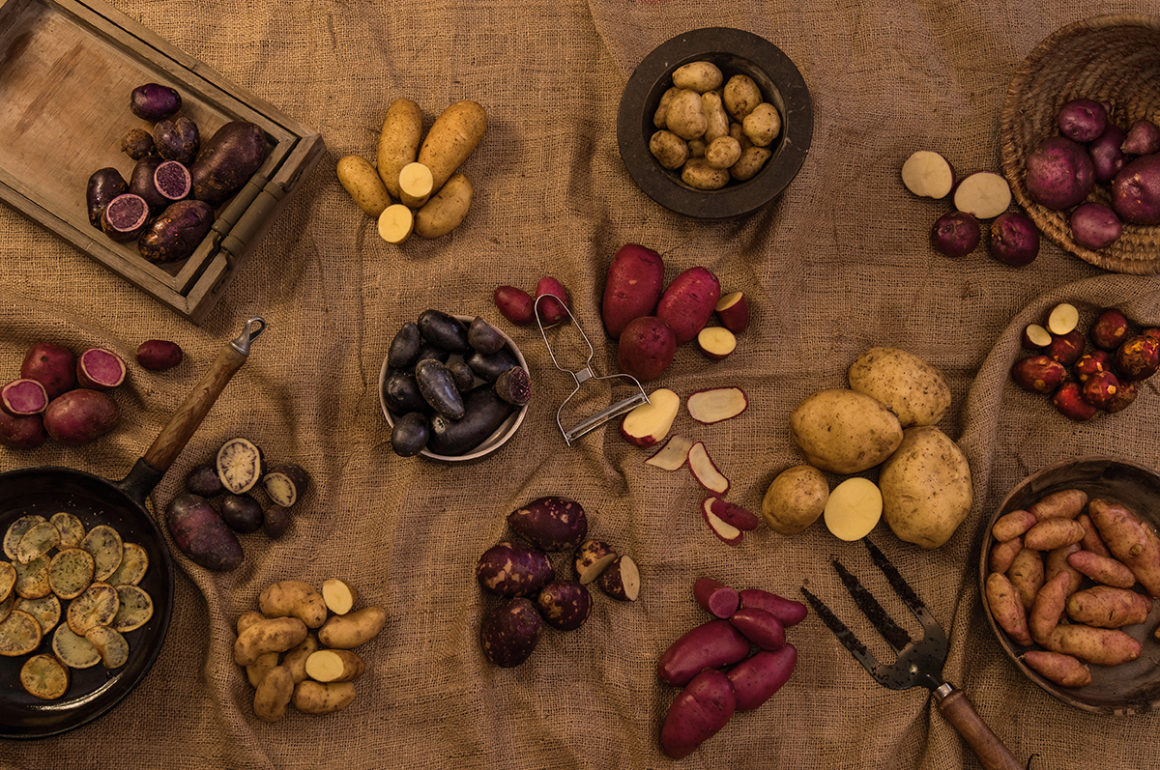

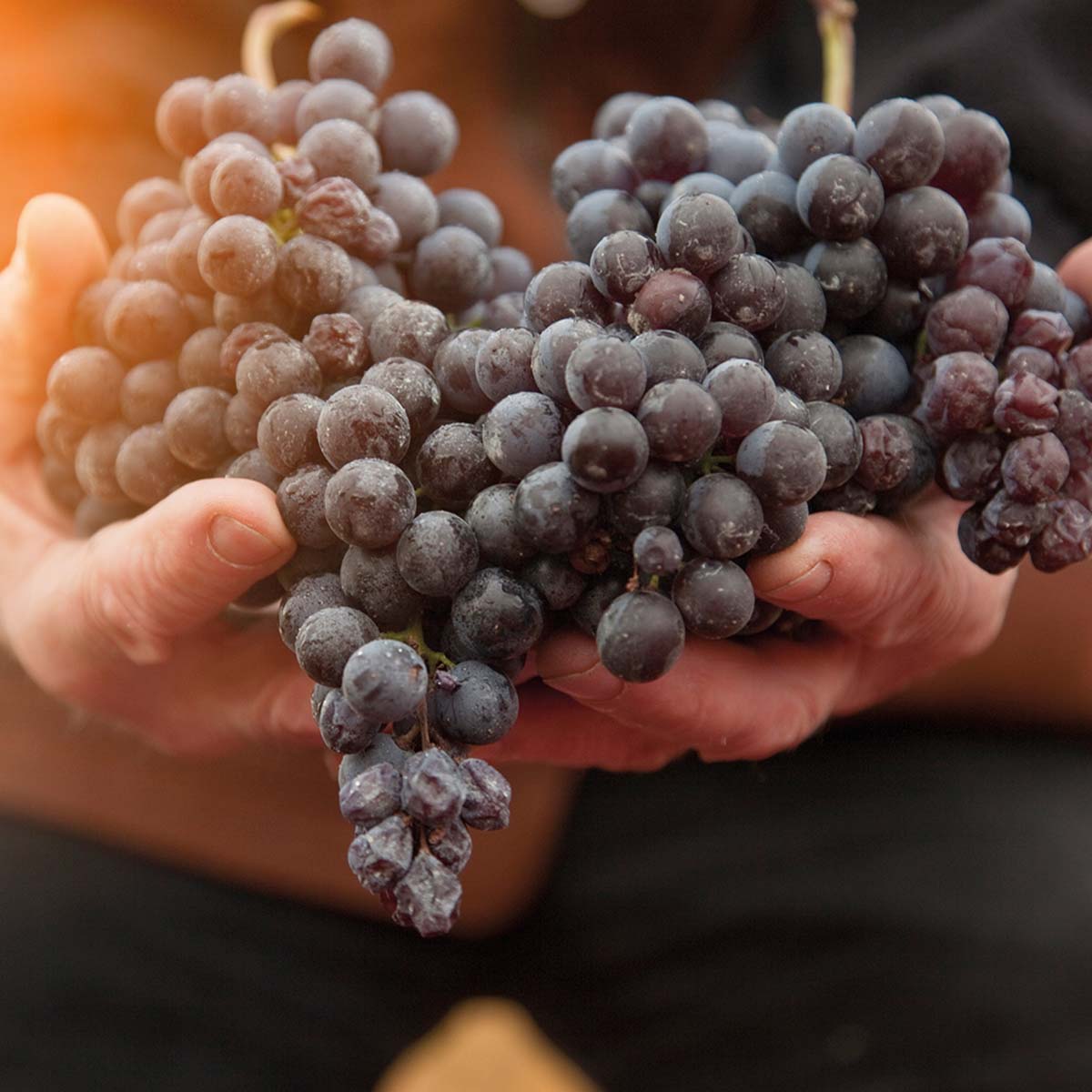

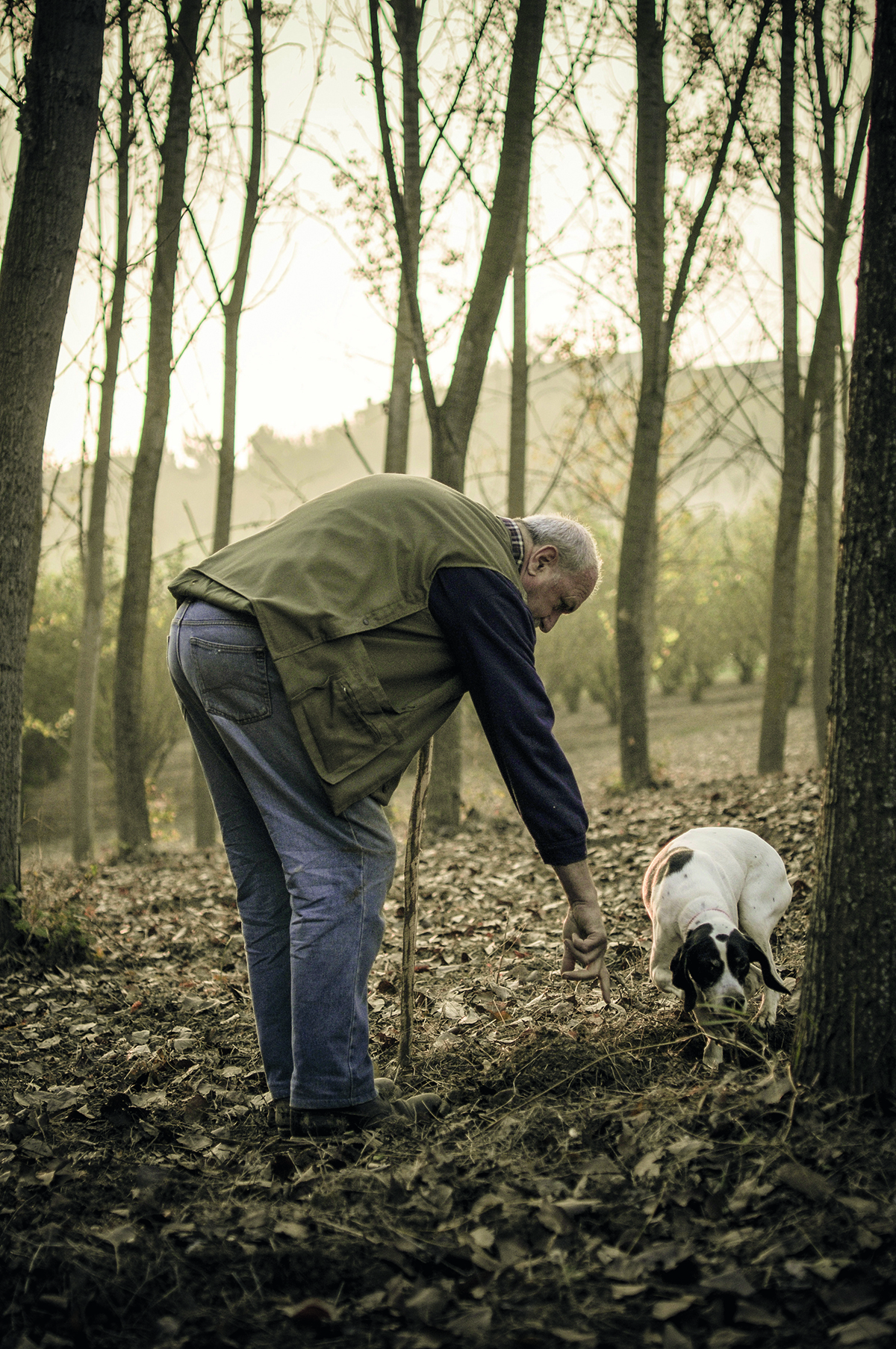
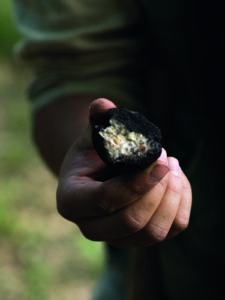
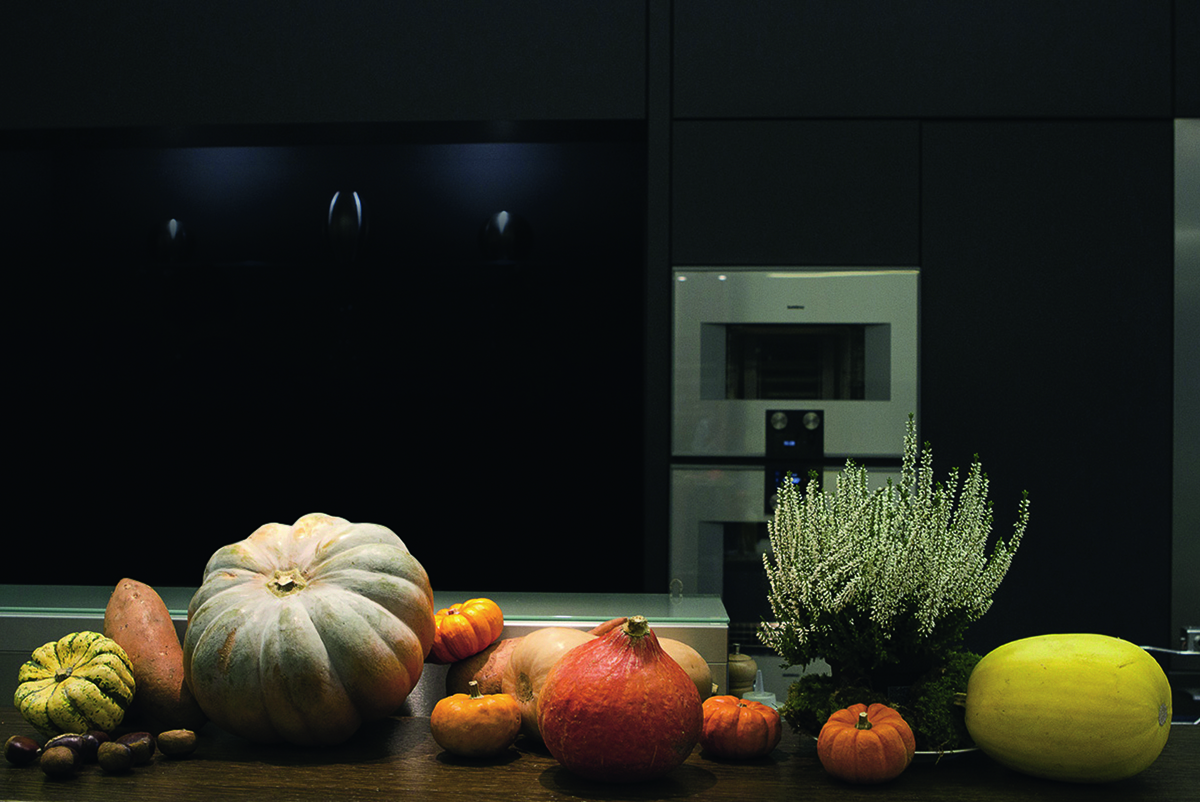
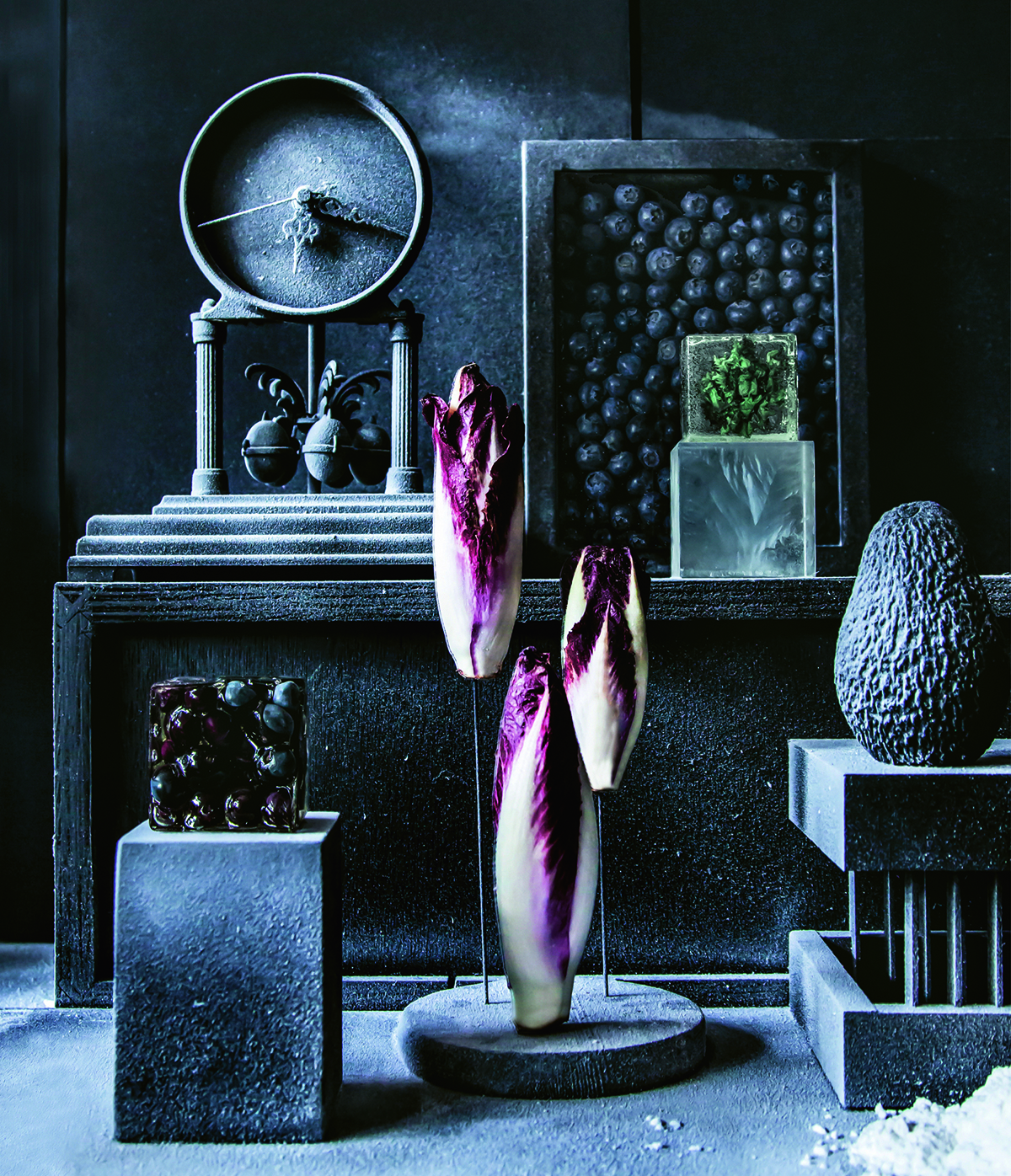
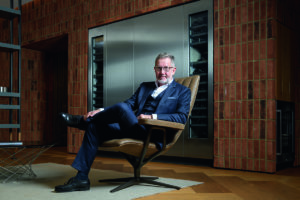
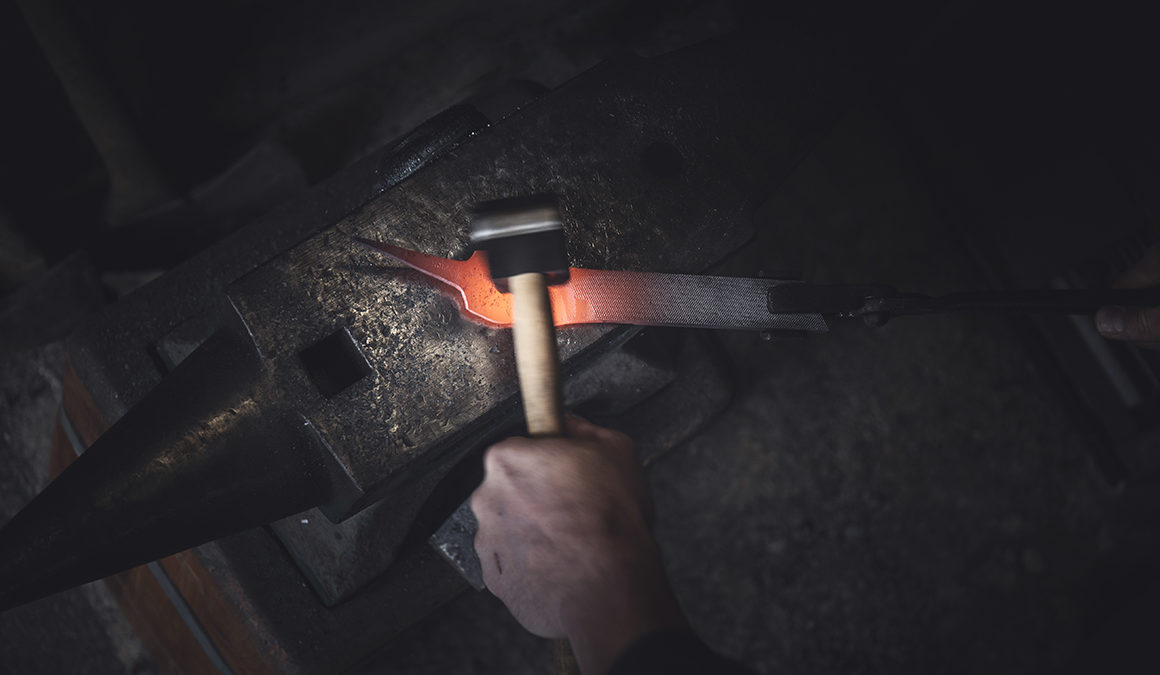
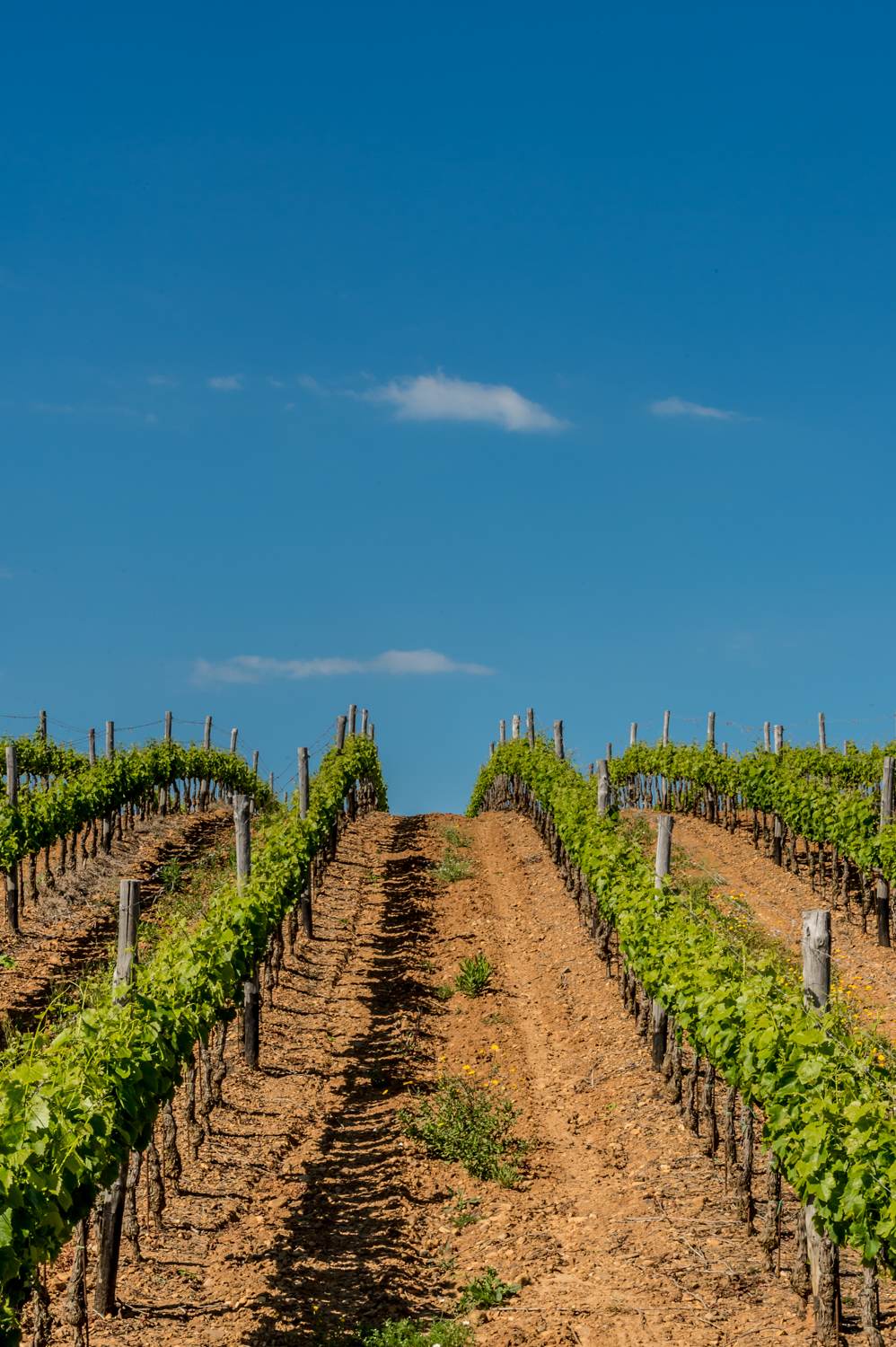
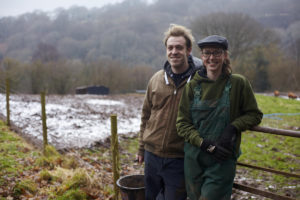
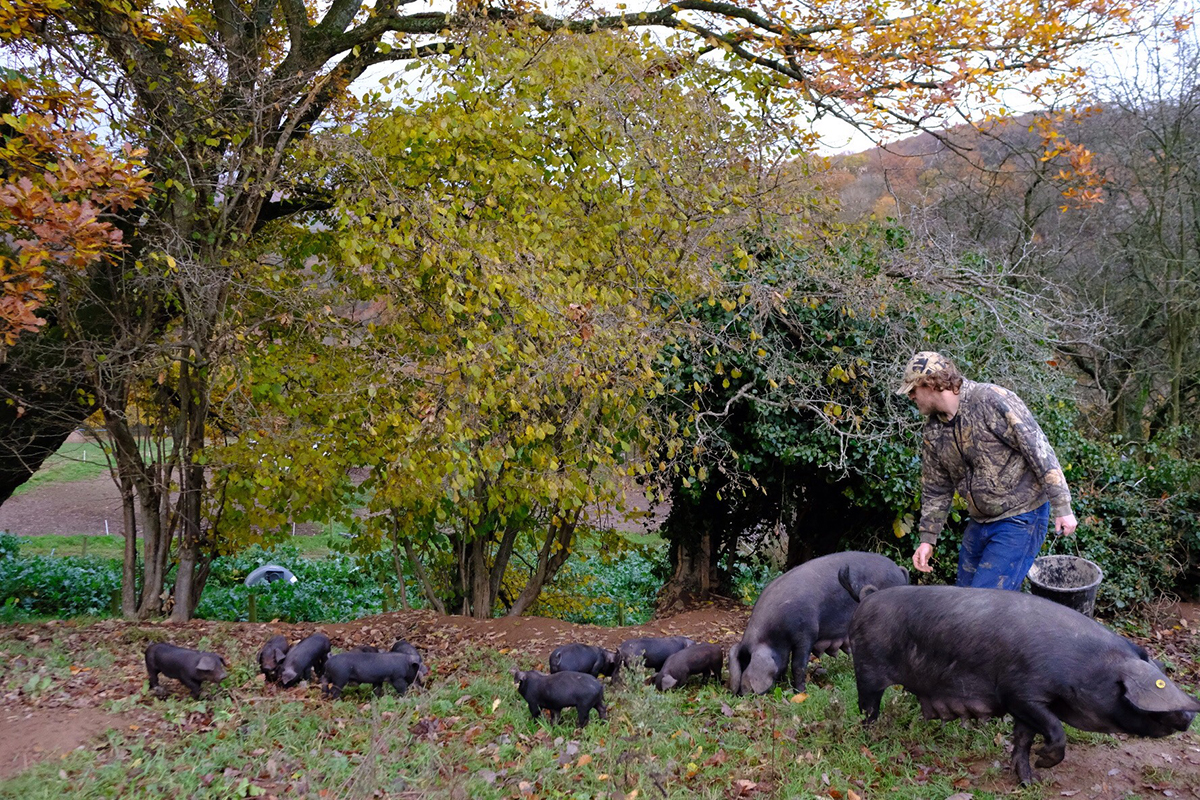
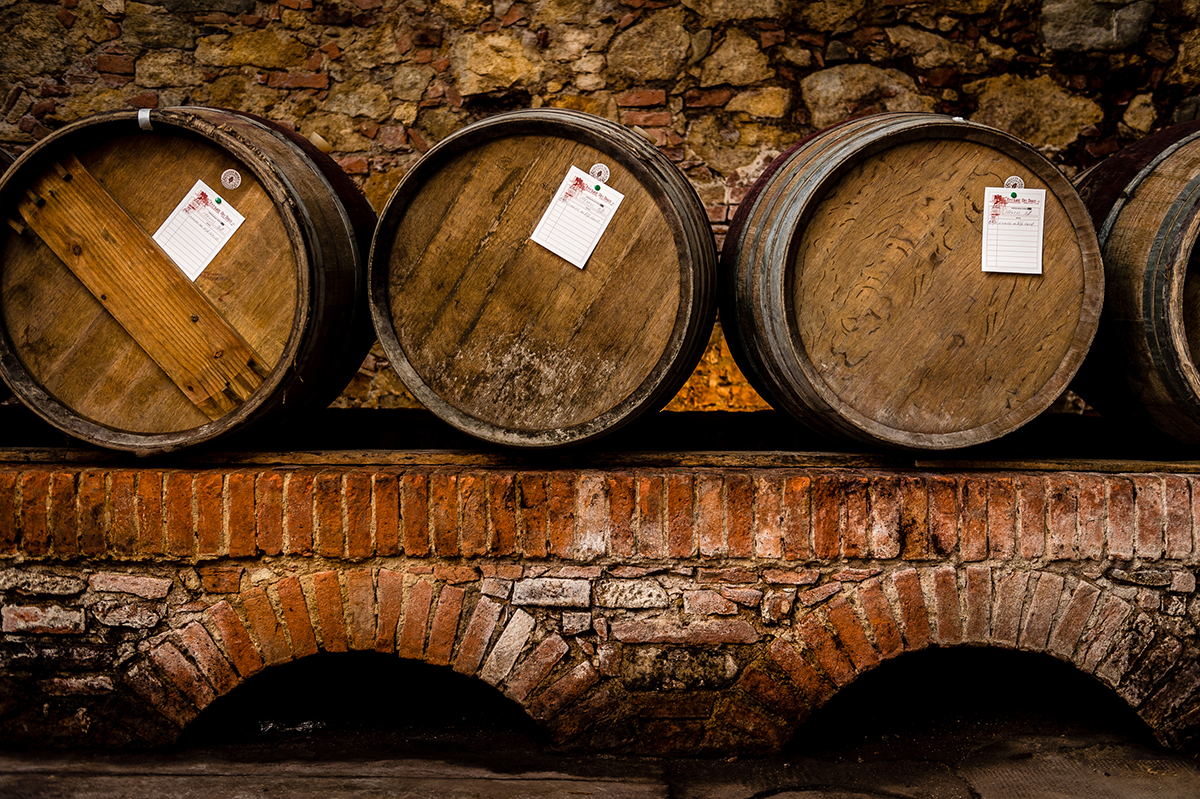
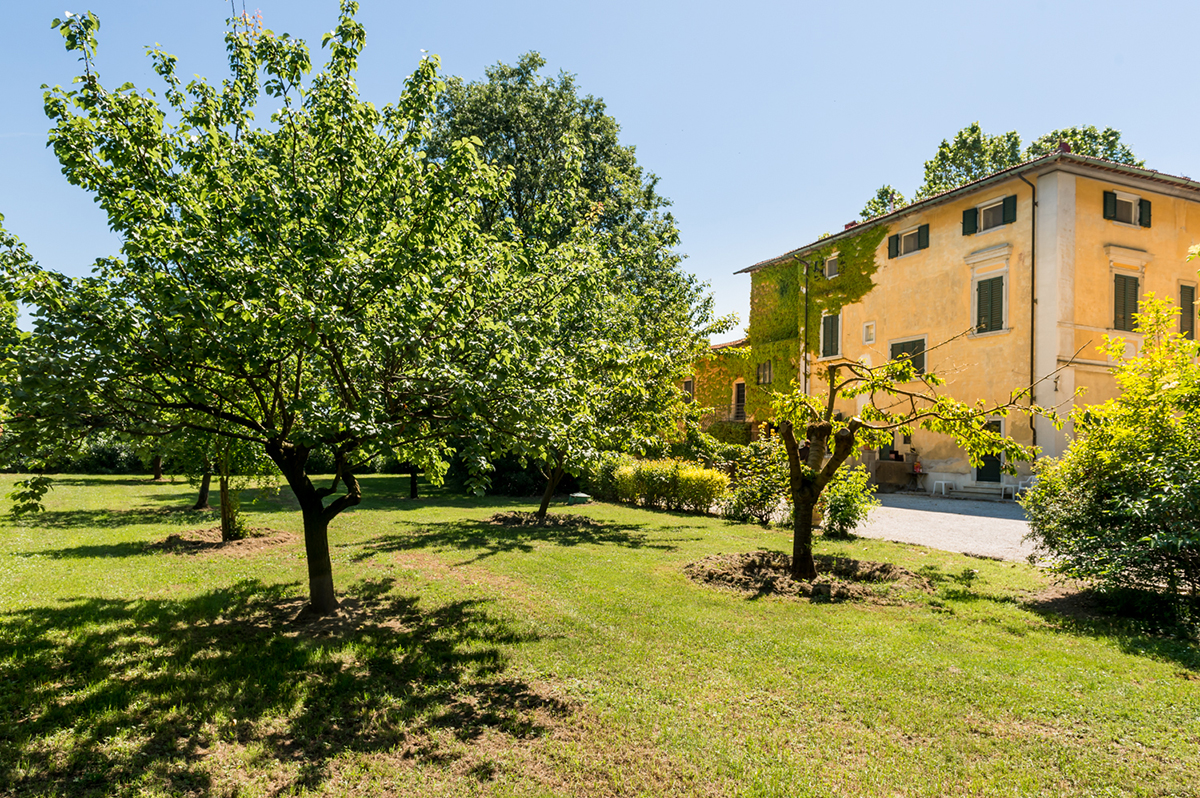

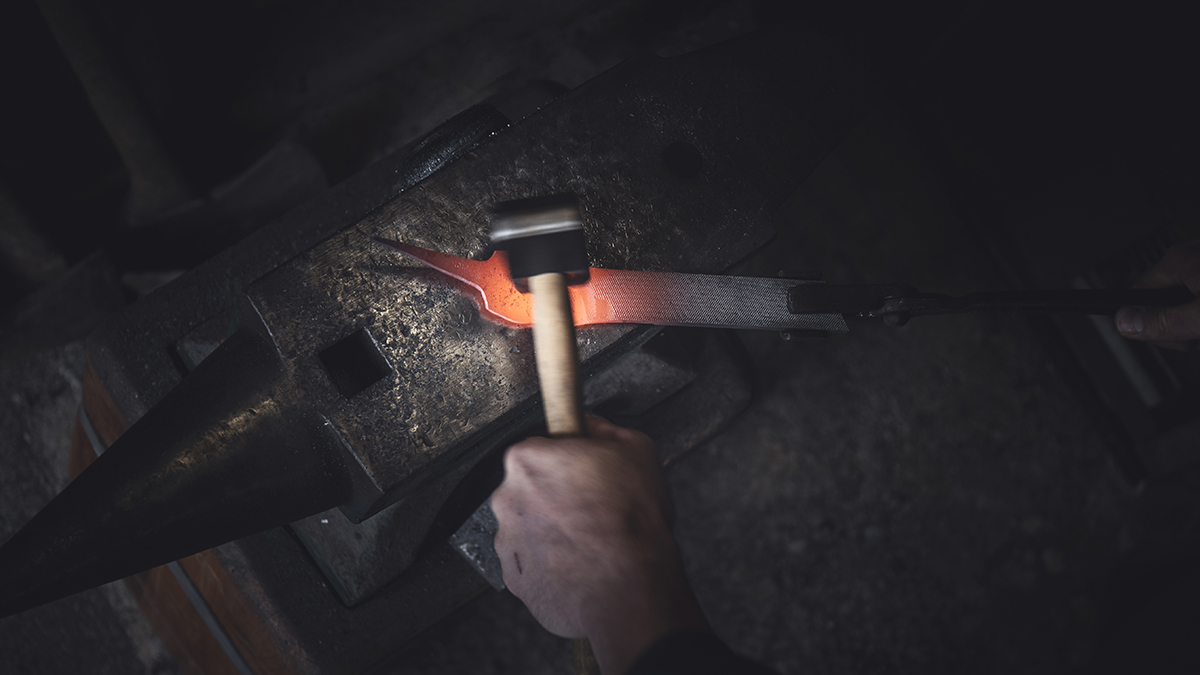
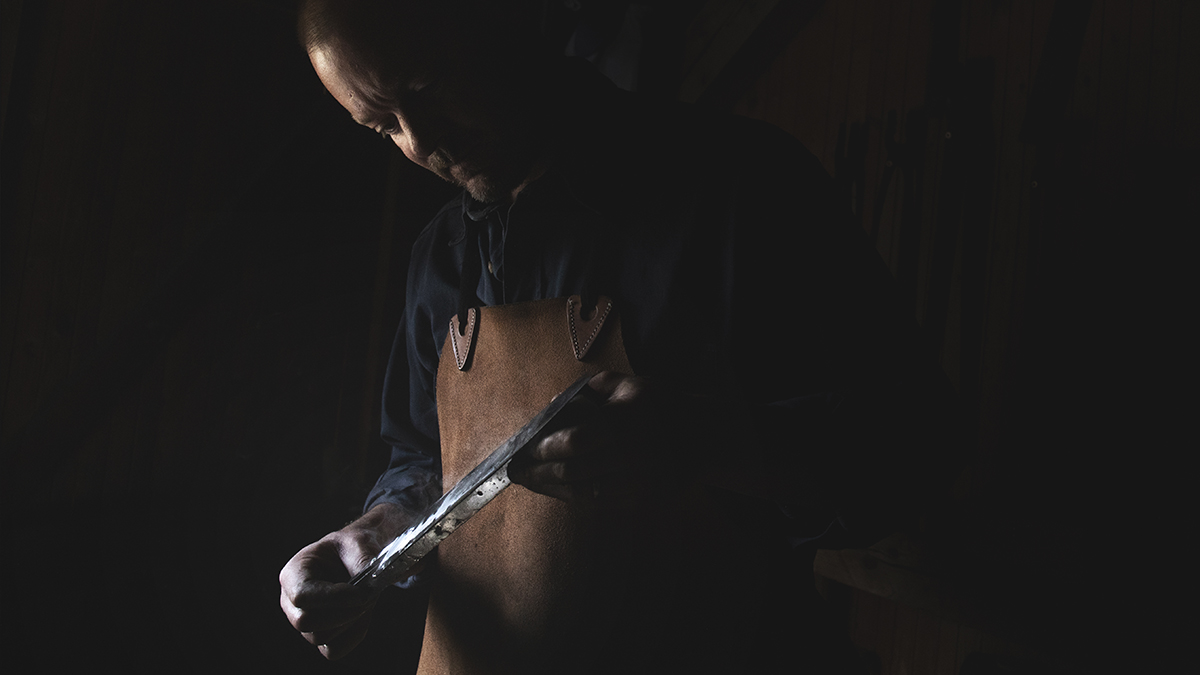
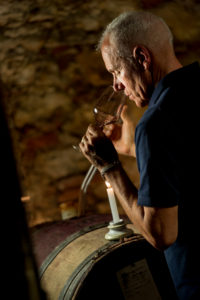
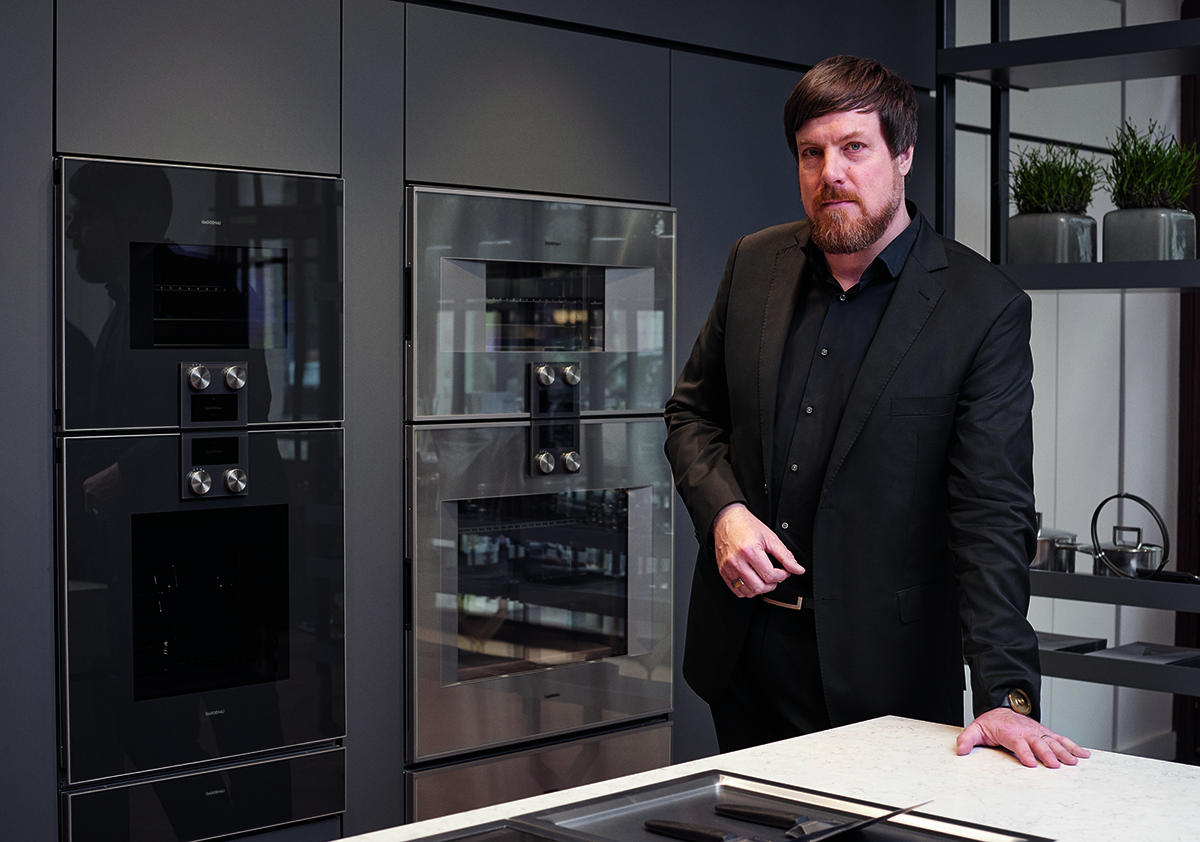





Recent Comments